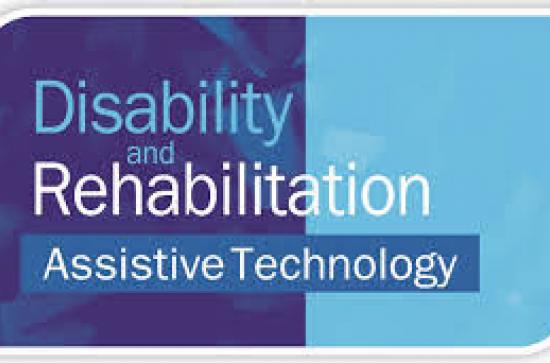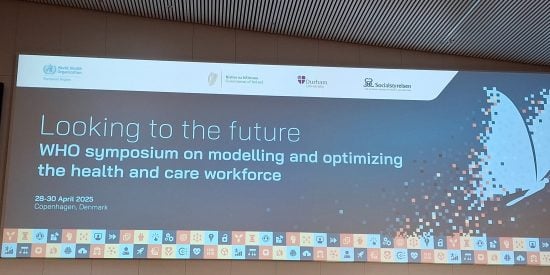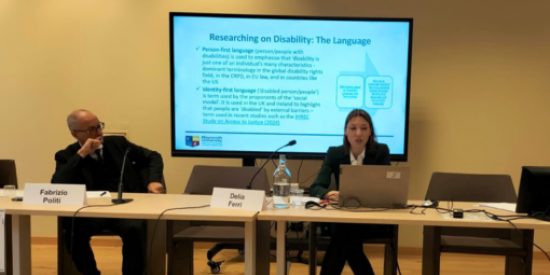
Boot, F. H., MacLachlan, M., & Dinsmore, J. (2019). Are there differences in factors influencing access and continues use of assistive products for people with intellectual disabilities living in group homes?. Disability and Rehabilitation: Assistive Technology, 1-10.
Abstract
Background: The World Health Organization has launched a program to promote Global Cooperation on Assistive Technology (GATE) to implement those parts of the United Nations Convention on the Rights of Persons with Disabilities (UNCRPD) referring to assistive technology and products. A particular vulnerable group deeply affected by health inequity affecting access to assistive products are people with intellectual disabilities.
Objective: The objective of this study is to understand the barriers and facilitators to effectively access and continuously use essential assistive products for people with intellectual disabilities.
Materials and methods: Face-to-face interviews with 15 adults with a mild to profound intellectual disability and 15 providers of assistive products were conducted to gain insights about current use, needs, knowledge, awareness, access, customization, funding, follow-up, social inclusion, stigma and policies around assistive products and intellectual disability. The technique of constant comparative analysis was used to analyze the data.
Results and conclusion: An overview of factors is presented that fit within seven domains for access and eight domains for continuous use of assistive products for people with intellectual disabilities. It illustrates that access and continuous use are influenced by different barriers and facilitators. These different influences should be taken into account in country policies and frameworks that seek to implement the UNCRPD through assistive technology.
Implications for rehabilitation
Proactive assessment for assistive products by health professionals is rare and the vast majority of people with intellectual disabilities depend on carers to signal the need .
A lack of education for carers around available assistive products and the benefits of assistive products for people with intellectual disabilities may lead to an underutilization for this group.
The paternalistic attitude of care providers towards people with intellectual disabilities limits access and use to certain (high-tech) assistive products.
The segmented and disjointed aspect of public funding to support assistive products found in this study is a key issue for policymakers who aspire to adhere to implementing the UNCRPD equally in all areas of their country.Keywords: Intellectual disability, assistive technology, assistive products, access, health inequity










